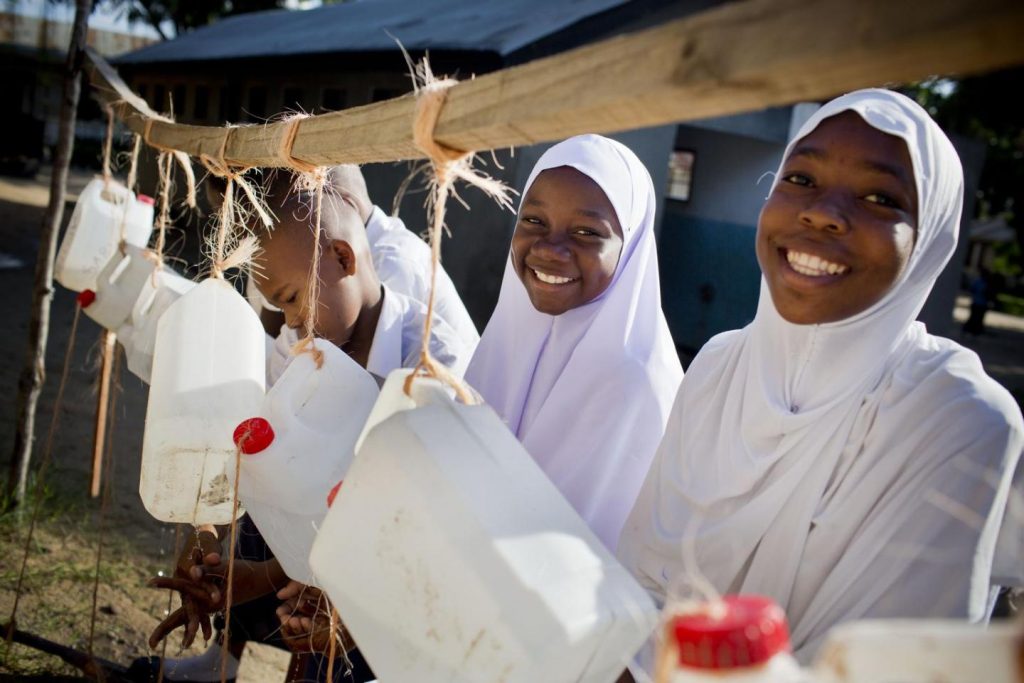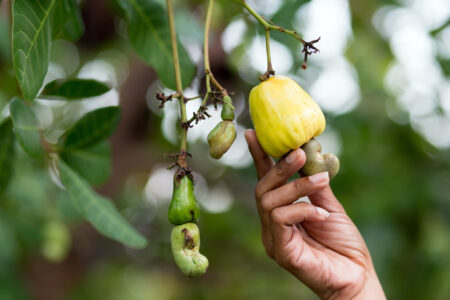- Tanzania sets out USD 94m to fund water projects 2022/23
- Parliament approves key budget provisions
- Tanzania still suffers a grave water crisis
The Tanzanian Parliament recently passed a US$ 294 million budget to fund the country’s Ministry of Water projects for the 2021/22 financial year.
The hefty sum is expected to go a long way to solving the country’s ever-mounting water shortage issues, however, it is not enough and the private sector must chip in.
Delivering his budget speech in the Tanzanian capital of Dodoma during the budget hearing, the Tanzania Minister for Water, Jumaa Aweso acknowledged external input in helping Tanzania address its water shortages, especially in rural areas.
The minister acknowledged international development partners that are supporting the country but was also keen to cite the need for private sector input. Speaking in the August House, the minister cited the importance of both private sectors participating in bridging the country’s water shortage through various channels e.g. CSR projects where they operate and also the importance of observing environmental regulations to protect water catchment areas.
With numerous international companies and organizations operating in Tanzania’s rural areas, input by this sector has a huge direct impact on the related communities.
Support ranges from digging of wells to funding irrigation and smart agriculture projects. There is also the matter of lack of adequate financing and poor sanitation all of which gravely hold back social and economic growth across the country.
Also, as the minister pointed out, through CSR, companies have the opportunity to help the government increase water supply by digging wells for rural communities and by protecting water catchment areas in places they operate.
Also Read: Africa’s water crisis is a US$35 billion annual challenge
This is where responsible business practices come into play. A company has the power to control its own water use and that way reduce the burden of water supply from the government.
According to UNESCO, businesses have every reason to invest in nature-based solutions for water security. In a recent report, the organization asserted the importance of protecting forests and reforesting damaged areas.
“Improving agricultural methods upstream serves to improve water quality for the cities that depend on that water downstream,” reads the report.
As such, when companies invest in protecting water catchment areas in rural areas, like the water projects in rural Iringa, they also help increase the supply of water in the town areas where their market lies.
Progress Made: Quenching Tanzania’s Water Shortage
Tanzania, through the 6th administration, has made a lot of progress in improving access to clean water and improving water infrastructure in the country. In his budget speech, the Minister said that last year alone, the Ministry of Water completed over 350 water projects in rural Tanzania.
According to the minister, these projects, along with over 65 other projects conducted in urban areas have helped increase access to water for over 3.5 million people. As of July 2020 and March this year, the government has improved water access in rural areas by an impressive 72.3 per cent, the minister said.
For urban areas, the figures are even more impressive, of the water projects implemented, in the last year, water access in urban centres was increased by 86 per cent up from 84 per cent in the 2019/20 financial year.
However, while the numbers are impressive, the level of development is still very low. By comparison, the annual increment in access to water is only 2 per cent. Among other reasons, the exploding population growth is ever-increasing the demand gap.
In a recent publication following the Tanzania Water Ministers budget speech, it was reported that; “…in the past two decades alone the country’s population doubled from 30 million in 2000 to about 60 million in 2020.”
It is now estimated that just five years after the completion of the global Agenda 2030, in 2035, Tanzania’s population will exceed 89 million people, further exasperating the demand for water supply.
Kenya’s private sector grows fastest in 10 months after curfew

Tanzania Water Crisis
In a report titled ‘Tanzania Water Crisis, the World Water Organisation warns that some 4 million people in Tanzania lack access to an improved source of safe water, and 29 million don’t have access to improved sanitation.
This is part and parcel of why this year’s theme for Africa Day is 2022: year for Nutrition because access to clean and safe water is a major problem for many in Africa. Due to lack of access to water, communities spend a lot of time and resources trying to get a minimum amount of water. The most affected are women and girls, who are forced to travel long distances to collect water.
“In Tanzania and around the world, people are navigating the COVID-19 pandemic, and millions are striving to endure this crisis with an added challenge. They lack access to life’s most critical resource – water. Now more than ever access to safe water is critical to the health of families in Tanzania,” reads the World Water Organisation report.
Further still, UNICEF warns that in Tanzania, WASH-sensitive indicators such as diarrhoea and stunting are high. Currently, UNICEF in partnership with other development stakeholders are conducting various campaigns to ‘encourage simple hygiene practices like washing hands with soap can reduce the incidence of diarrhoea by an estimated 47 per cent while the use of proper sanitation can reduce cases of diarrhoea by an estimated 36 per cent.’
It is estimated that Tanzania spends 70 per cent of its health budget on preventable WASH-related diseases as the majority of the population does not have access to improved sanitation, and close to half of the population does not have access to clean drinking water – UNICEF
as a result of the lack of access to adequate WASH facilities, homes, schools and health centres are increasingly becoming the breeding grounds for diseases.
The most affected are the rural populations particularly girls, children with disabilities and the elderly. Due to this unfortunate reality, social inequalities are driven further apart.
As part of its Vision 2025, the Government of Tanzania has pledged to increase access to improved sanitation to 95 per cent by 2025. The Second Five Year Development Plan (FYDP II) has also set the target for access to improved sanitation facilities at 85 per cent in rural areas. How much of this will actually be achieved remains to be seen.
However, at the moment, water remains a rare and expensive commodity in Tanzania.
Read: AFDB Disburses $211 Million For Dar Water Project











